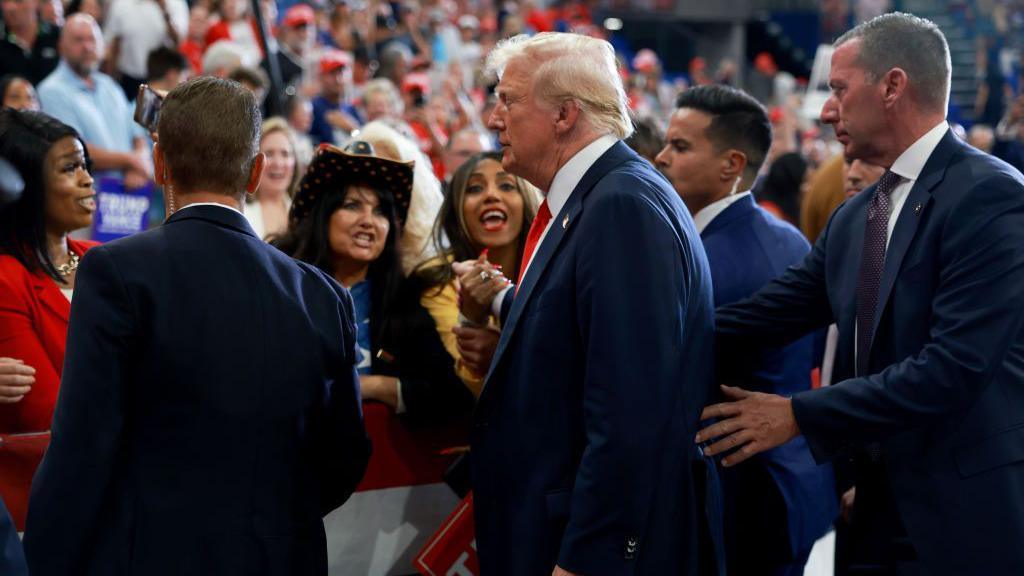Scathing report details security failures before Trump rally shooting
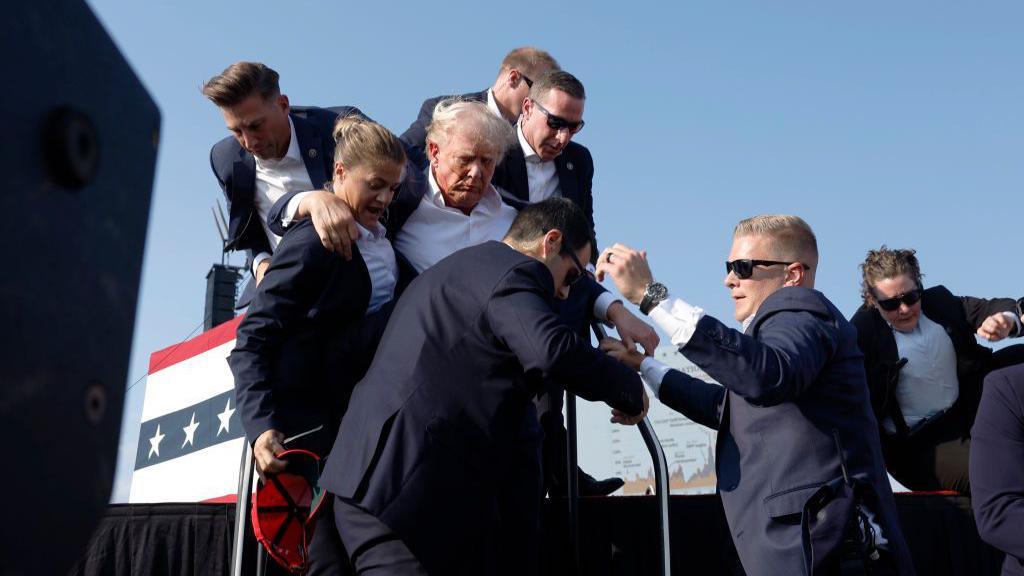
- Published
Security failures and lack of communication within the US Secret Service "directly contributed" to the assassination attempt at Donald Trump's rally in July, according to a new Senate report.
The highly critical 94-page document, released on Wednesday, detailed multiple failures by the Secret Service and said agents had several opportunities to prevent the shooting which left one person dead and others injured.
It said security problems identified by the bipartisan Senate committee "remain unaddressed" by the agency.
In response, the Secret Service said the report's findings align with its own internal review and both investigations were "essential" to ensuring it does not happen again.
The report said the security failures before the rally in Butler, Pennsylvania, in which a gunman, Matthew Crooks, opened fire from a nearby rooftop as Trump was speaking were “foreseeable, preventable, and directly related to the events resulting in the assassination attempt that day".
“What happened here was really an accumulation of errors that produced a perfect storm of stunning failure,” Connecticut Senator Richard Blumenthal, a Democrat on the committee, said.
The Senate report cited a number of problems, including lack of a chain of command, poor coordination with state and local law enforcement, inadequate resources and equipment and a failure to effectively secure the site.
It says several Secret Service officials had chronic problems with their radios.
One counter-sniper was offered a local radio to help with communications for the day but he did not have time to pick it up because he was attempting to fix his own Secret Service radio.
A text message from a Secret Service employee to a supervisor an hour before the shooting reads: "I'm not getting good comms on either my phone or radio. I'll try to stay on."
The report mentions a failure to set up visual barriers around the rally which could have blocked the gunman's view of Trump. Crooks used an AR-15 semiautomatic rifle to fire eight rounds from the roof of a building adjacent to the Trump rally.
Counter-snipers were sent to Butler following a "credible intelligence" of a threat, the report said, but most Secret Service officials who spoke to the committee said they were unaware of a potential threat.
The sending of counter-snipers marked the first time this type of protection was granted to someone other than the president or vice-president.
The report found Secret Service agents were alerted to a suspicious person with a rangefinder 27 minutes before the shooting, but some officials, including the lead service agent said they did not receive that information.
Members of the Secret Service advance team were also denied additional resources, and a few others interviewed by the committee "could not answer" questions about who had the final authority in deciding the security perimeter of the rally.
The report, which originated from a joint investigation with the Senate Homeland Security and Governmental Affairs Committee and the Permanent Subcommittee on Investigations, offered a number of recommendations to improve security.
Among the recommendations was designating a "single individual" to approve Secret Service security plans.
Last week, the agency released its own internal review of what happened at the rally, and like the senate report found there were communications issues that led to the events of 13 July.
"Many of the insights gained from the Senate report align with the findings from our mission assurance review and are essential to ensuring that what happened on July 13 never happens again," Anthony Guglielmi, Secret Service Chief of Communications, said in a statement to the BBC.
The events of 13 July led to widespread criticism of the agency and led its then-head Kimberly Cheatle to resign.
Related topics
- Published20 September 2024
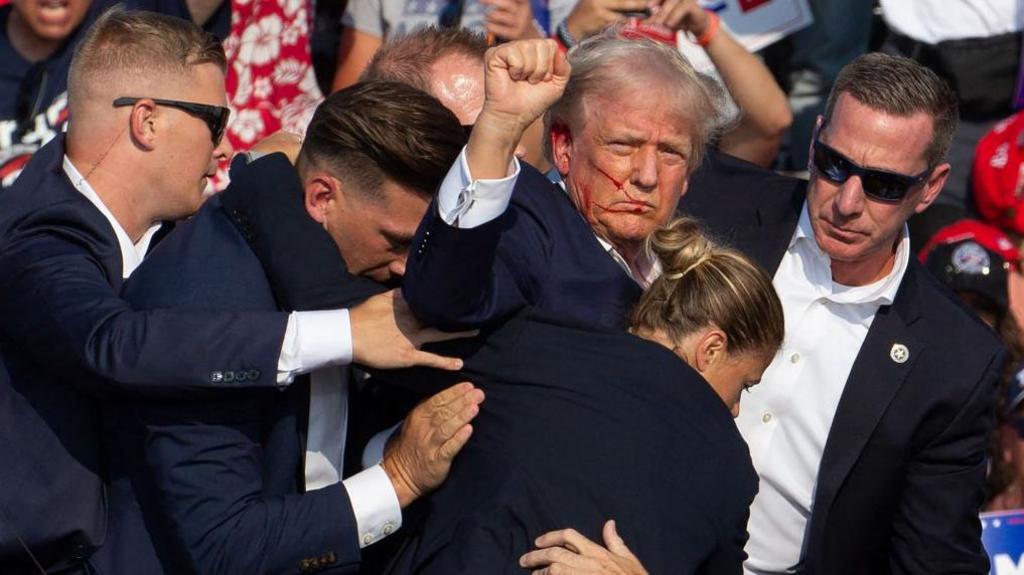
- Published23 August 2024
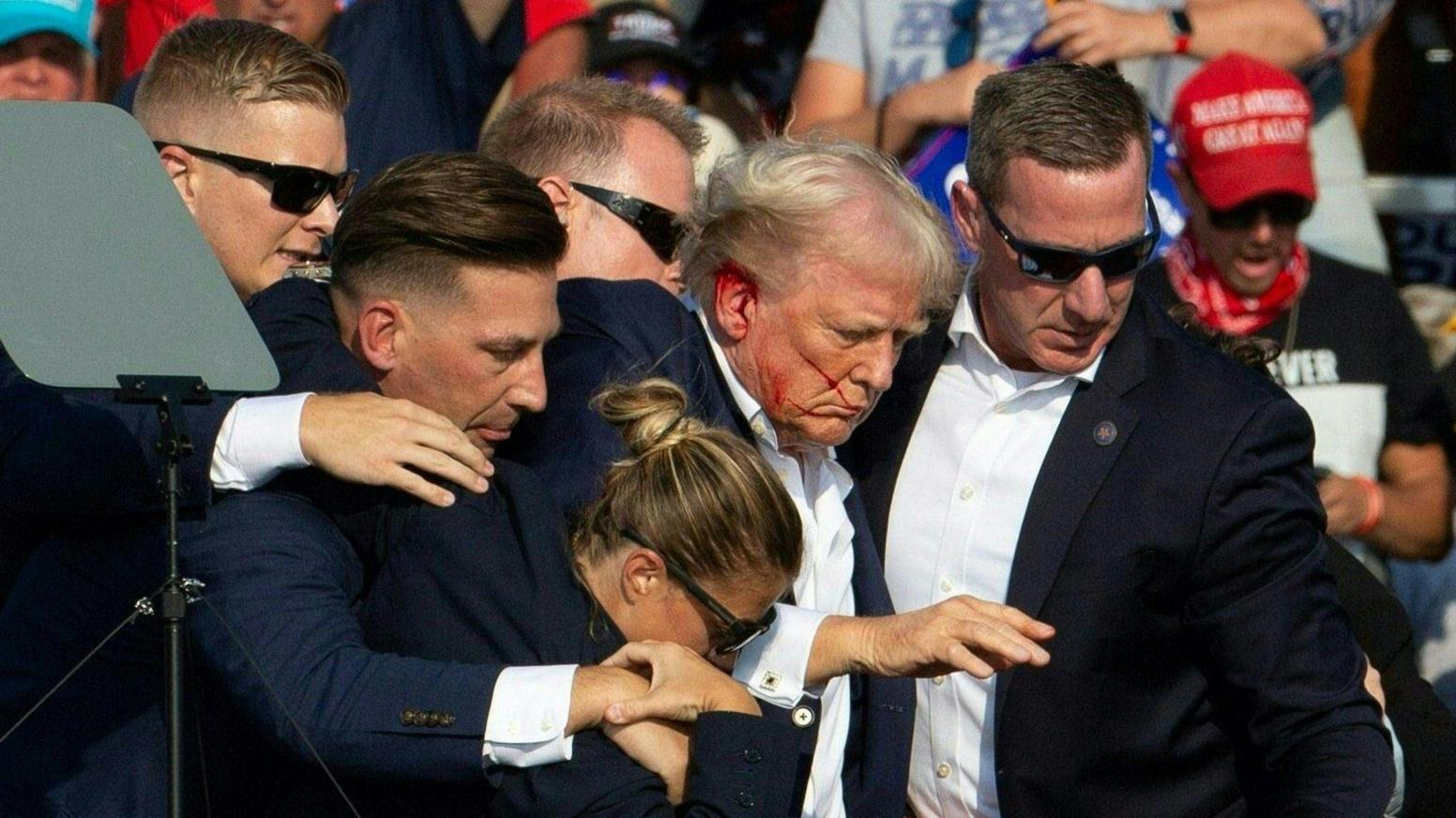
- Published25 September 2024
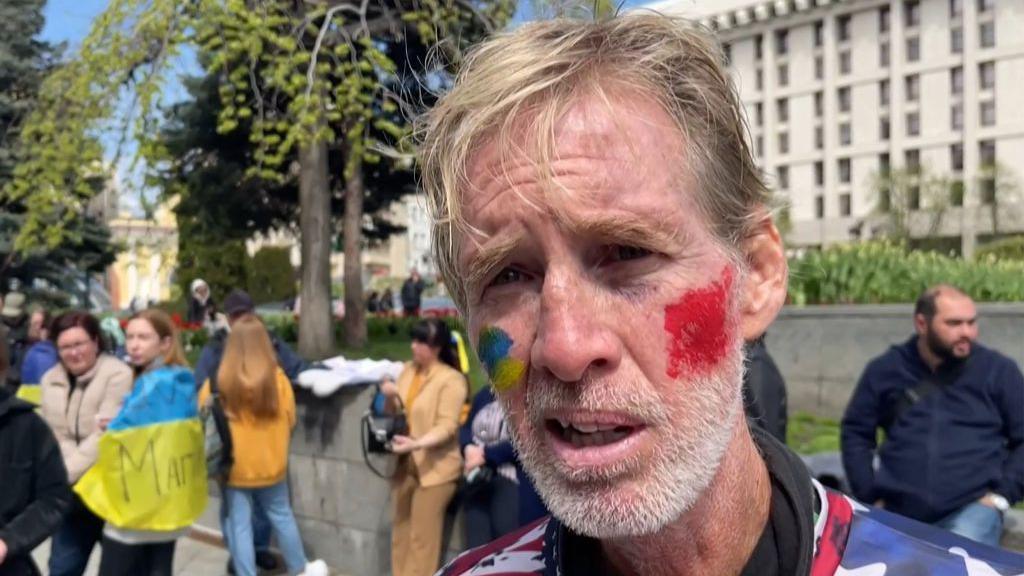
- Published17 September 2024
